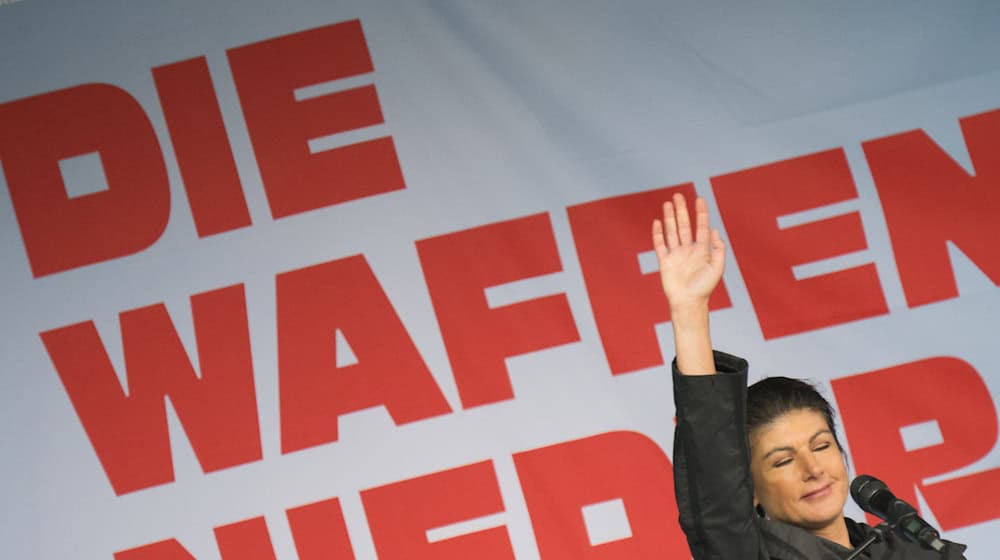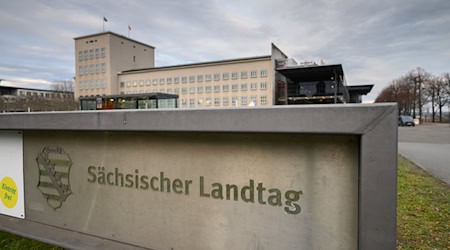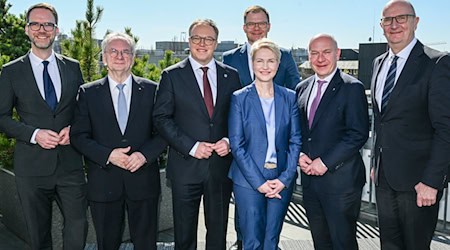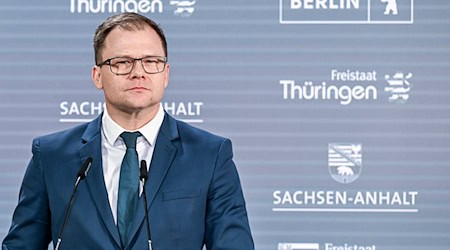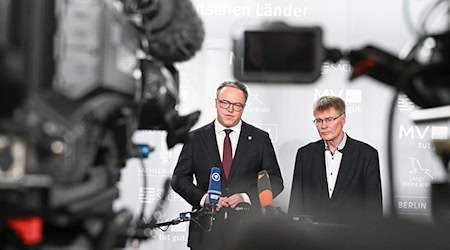The Minister Presidents of Saxony and Brandenburg and the head of the Thuringian CDU have spoken out in favor of greater diplomatic engagement by Germany to end the Russian war against Ukraine. "We want Germany to play a more active diplomatic role in close coordination with its European neighbors and partners," wrote the heads of government Michael Kretschmer (CDU) and Dietmar Woidke (SPD) as well as Mario Voigt, who aspires to this office, in a joint guest article in the "Frankfurter Allgemeine Zeitung" (online).
All three are dependent on the support of the Sarah Wagenknecht Alliance (BSW) when forming a coalition after the elections in their states. This requires a position against the planned stationing of more extensive US missiles in Germany and support for a ceasefire between Russia and the invaded Ukraine - which the latter rejects on Russia's terms.
"A strong and united alliance is needed to bring Russia to the negotiating table. Germany and the EU have been too indecisive in pursuing this path," wrote the three state politicians. The broader the international alliance, the greater the pressure will be. "The aim is to achieve a ceasefire and offer Ukraine reliable security guarantees." They did not elaborate on the framework conditions.
They also referred to the role of their eastern neighbors. "We Germans would do well to listen to our eastern partners such as Poland and the Baltic states on these fundamental issues of security and peace," they wrote, without elaborating further. However, Poland and the Baltic states are pursuing a much tougher course towards Russia, which they feel is a direct military threat to them due to historical experience.
Germany, for its part, must position itself to defend itself, demanded the minister presidents and the CDU state leader. "As in the Cold War era, it is only possible from a strong position. The plans for the stationing of medium-range missiles in the western federal states should have been better explained and more widely discussed. Military strength only makes sense if it is combined with smart diplomacy," they explained.
Only a rules-based international order guarantees freedom. "It is our task, also as state politicians, to defend this freedom and this order and to stand up for it. No national political cooperation will change that."
Copyright 2024, dpa (www.dpa.de). All rights reserved

